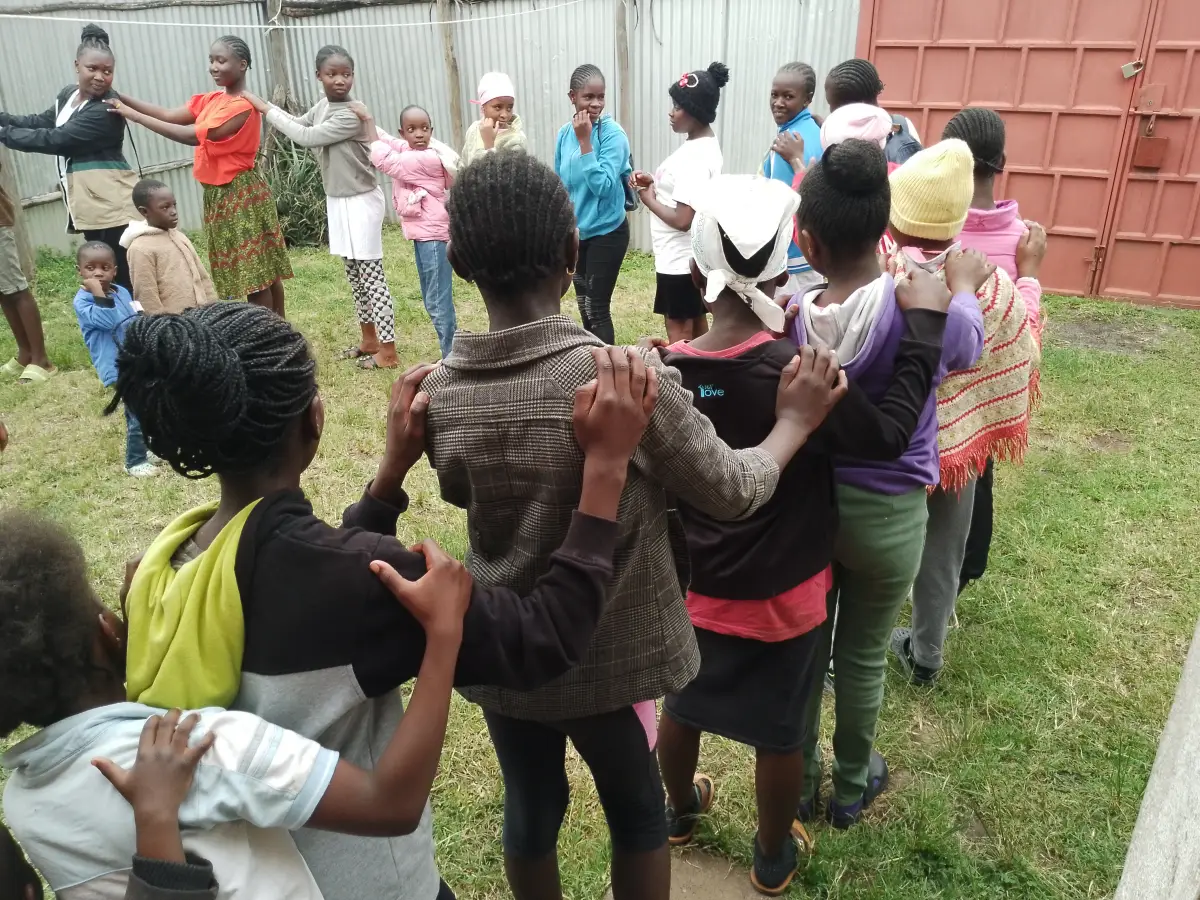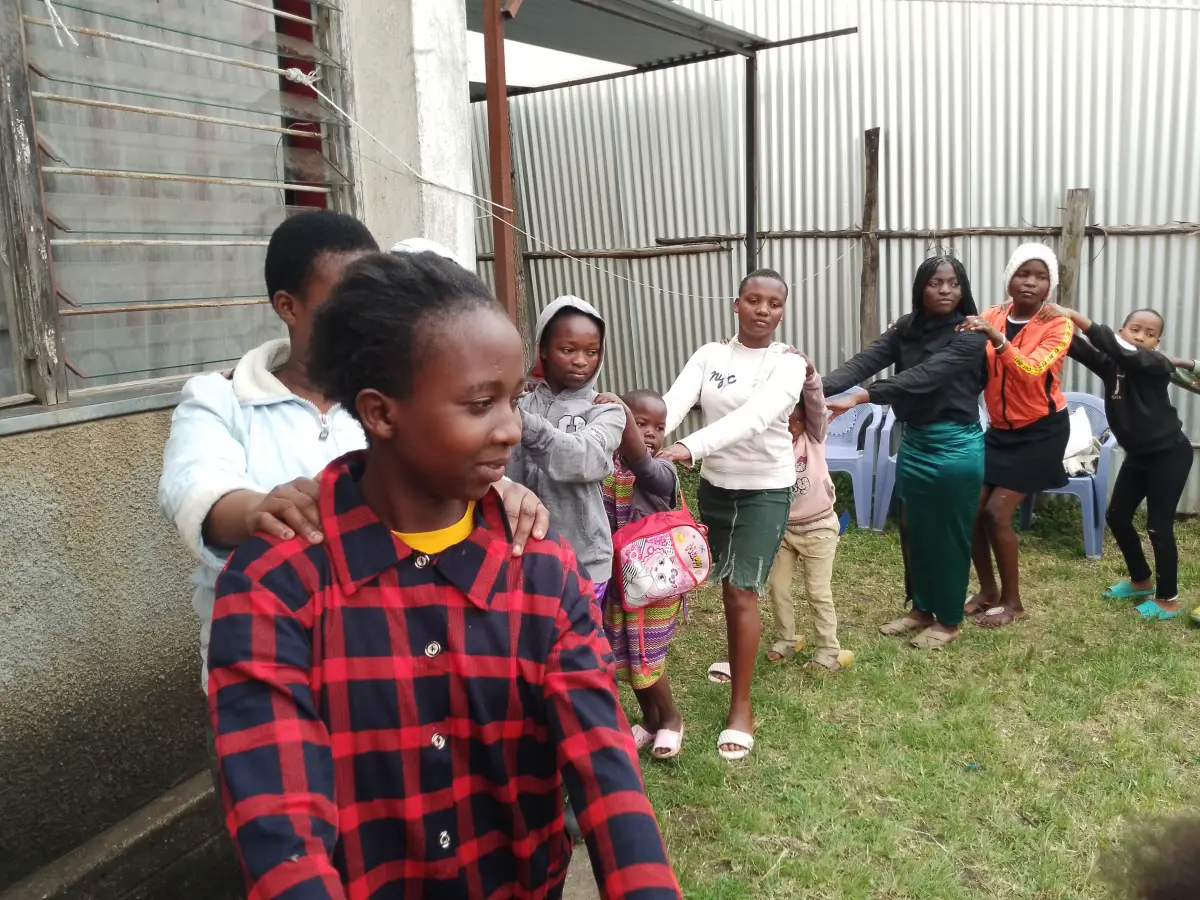- Payment Options
- Terms Conditions
- Malibu 453 blv
- info@charity.com
Mentoring teenagers is a crucial step in helping them transition from childhood to adulthood. One of the most challenging aspects of this journey is teaching them to let go of dependencies, fears, and misconceptions. This process, while difficult, is essential for their personal growth and development. This article explores effective strategies for mentoring teenagers to let go, fostering their independence and resilience.
Teenagers are in a unique phase of life, characterized by rapid physical, emotional, and cognitive changes. They are striving for independence while still needing guidance. Understanding their mindset is the first step in mentoring them effectively. Adolescents often face:
A mentor serves as a trusted advisor, providing support, guidance, and encouragement. The mentor’s role is to help teenagers develop the skills and mindset needed to navigate life’s challenges independently. Key responsibilities include:
Modeling Behavior: Demonstrate the behavior you want to see in them. Show how you handle stress, make decisions, and cope with failure. Teenagers learn a lot by observing the adults around them.
Encouraging Independence: Gradually give them more responsibilities and the freedom to make their own decisions. Start with small tasks and increase complexity as they grow more confident.
Teaching Problem-Solving Skills: Equip them with the tools to solve problems on their own. Use real-life scenarios to practice decision-making and critical thinking skills.
Setting Realistic Expectations: Help them set achievable goals and understand that setbacks are part of the learning process. Celebrate their successes and discuss what can be learned from failures.
Providing Emotional Support: Be empathetic and patient. Listen actively and validate their feelings without judgment. Offer reassurance and remind them that it’s okay to ask for help when needed.
Encouraging Positive Relationships: Foster healthy relationships with peers and adults. Encourage participation in group activities and community service to build social skills and empathy.
Promoting Self-Discovery: Encourage them to explore their interests and passions. Support their involvement in extracurricular activities that can build confidence and a sense of purpose.
Mentoring teenagers to let go can be met with resistance. Common challenges include:
Rebellion Against Authority: Teenagers might resist advice or rules. Approach this with understanding and compromise, reinforcing the idea that freedom comes with responsibility.
Fear of Change: Change can be intimidating. Provide a supportive environment where they feel safe to step out of their comfort zone.
Lack of Confidence: Help them build self-esteem by acknowledging their strengths and encouraging them to take on new challenges.
Peer Pressure: Teach them to assert themselves and make decisions based on their values, not just to fit in.
Mentoring teenagers to let go is a delicate but rewarding process. By providing guidance, support, and encouragement, mentors can help adolescents develop the skills and confidence needed to become independent and resilient adults. The journey requires patience, empathy, and a deep understanding of the unique challenges faced by teenagers. Ultimately, the goal is to empower them to navigate life’s complexities with a strong sense of self and the ability to let go of what holds them back.
















We are a community based organization focused on empowering women and Youth through access to information, Education and business opportunities. We educate our community on importance of mental wellness, menstrual hygiene business opportunities and a clean environment as the key to a progressive community. We advocate for tax cut policies that affect women sanitary health and access to favourable loans to empower the youth to have small startups in our community.






© Copyright 2024. Powered by Capenet Global